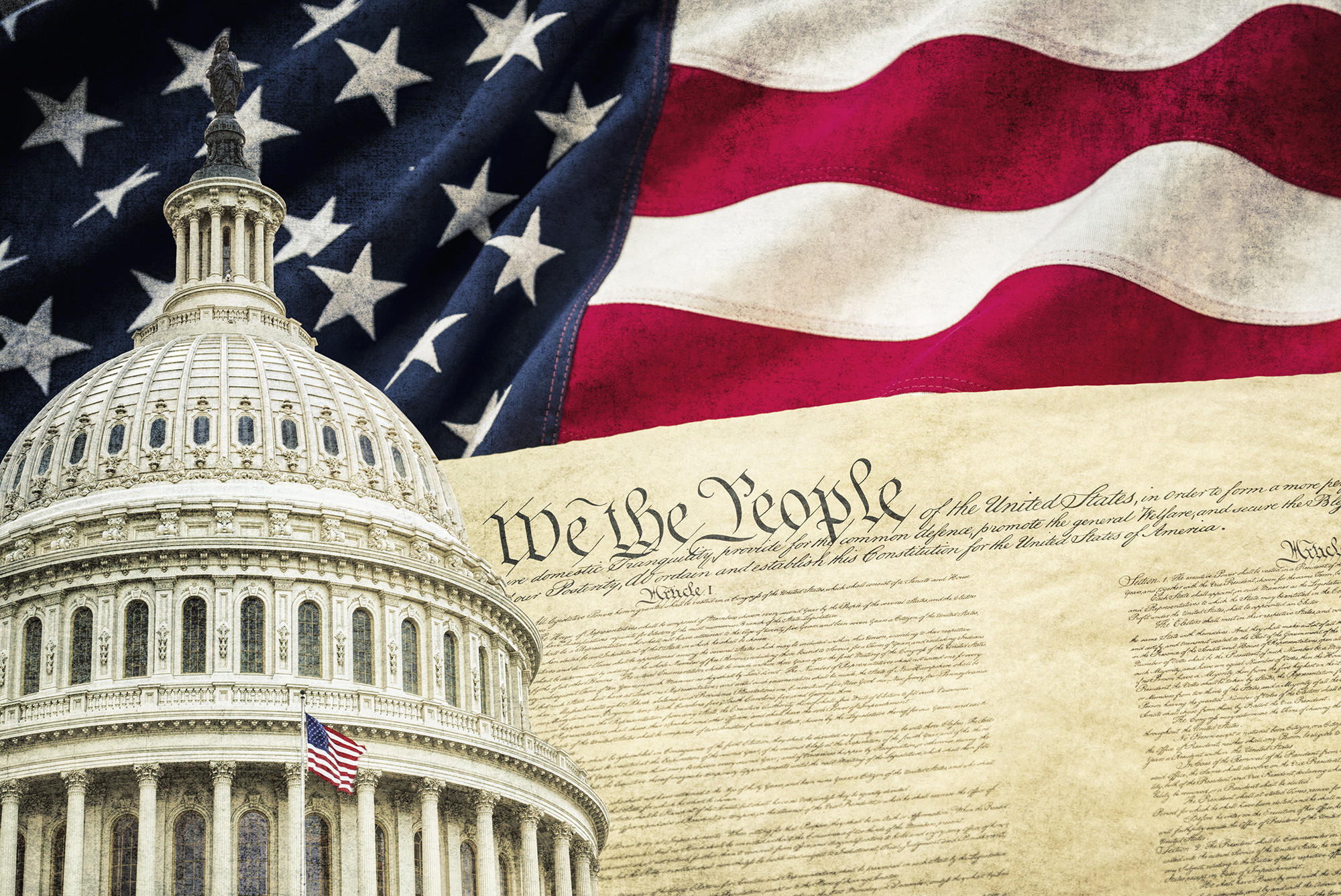Image link: https://unsplash.com/photos/a-desk-with-a-sign-on-it-that-says-defend-DBTaFwnY4ig.
Have you ever seen those ads seeking people impacted by a defective product or dangerous situation?
Those stem from class-action lawsuits.
These lawsuits let a large group of people band together to sue an entity that caused them harm. Class action lawsuits have played a pivotal role in holding corporations and institutions accountable for their actions. Such lawsuits, often fought against powerful entities, have reshaped industries, protected consumers, led to new laws and regulations, and delivered justice to those wronged.
In this blog, we’ll look at five significant class action lawsuits and settlements in US history, each leaving an indelible mark on the nation’s legal history.
#1. Camp Lejeune Water Contamination
Between 1953 and 1987, residents of the Camp Lejeune military base in North Carolina were exposed to toxic chemicals in their drinking water supply.
These contaminants, including industrial solvents and fuels, were linked to various health issues, such as multiple cancers, birth defects, and other severe illnesses. Lawsuits were filed by former residents seeking compensation for healthcare costs and injuries resulting from the water contamination. The Camp Lejeune settlements aimed to provide relief to those affected by this environmental hazard.
The Congressional Budget Office (CBO) estimates that this lawsuit will cost the US government over $6 billion in settlements from 2022 to 2031. Post-2031, the government will pay an extra $15 billion as compensation. While individual lawsuits had been going on for years, a considerable change came in 2022 with new legislation in the form of the Honoring Our PACT Act.
This makes it easier to claim compensation. Moreover, veterans are finally getting the justice and compensation they deserve. According to TorHoerman Law, the exact settlement amount is still unknown, but it could be in the billions. It’s estimated that over a million people were potentially exposed to the contaminated water during those decades.
#2. The Tobacco Master Settlement Agreement
For decades, Big Tobacco denied the dangers of smoking and aggressively marketed its products.
This led to a momentous legal battle in the late 1990s against major tobacco companies. Forty-six states sued these companies, alleging they had misled people about the risks of smoking. The result? A staggering $206 billion minimum in 1998 was the Master Settlement Agreement.
This settlement had far-reaching consequences. Tobacco companies were prohibited from targeting youth in their marketing campaigns and were required to fund public education programs about the risks of smoking. The money also went towards covering healthcare costs related to smoking-related illnesses.
What Are the Requirements for a Class-Action Lawsuit?
To qualify as a class action, the case must meet specific criteria. These criteria include having several plaintiffs with similar claims, common questions of law or fact, and the class action being the only available method for resolving the dispute efficiently.
#3. The Enron Securities Fraud Case
In the early 2000s, Enron Corporation was at the center of one of the largest corporate scandals in US history. The energy company was found guilty of manipulating its financial statements and engaging in accounting fraud, causing billions of dollars in losses for investors.
In 2008, a $7.2 billion settlement was reached to compensate investors who lost money due to Enron’s fraudulent activities. This case highlighted the importance of corporate transparency, ethical business practices, and effective oversight to protect investors’ interests.
When Can I Expect a Class Action Lawsuit Settlement to Be Paid?
The timeline for receiving settlement payments in a class action lawsuit can vary significantly. It may take months or even years after the settlement is approved, as the claims process needs to be completed, and any appeals or objections must be resolved before payments can be distributed.
#4. The BP Deepwater Horizon Oil Spill
The 2010 Deepwater Horizon oil spill in the Gulf of Mexico was one of the worst environmental disasters in US history. After an explosion on the offshore rig, about 134 million barrels of oil flowed into the Gulf, damaging ecosystems and impacting local economies.
The spill lasted for 87 days and ended up killing over 105,000 birds, 7,500 adults, and about 160,000 infant sea turtles. Moreover, it was also responsible for a 51% loss in the dolphin population in Louisiana’s Barataria Bay.
In 2016, BP agreed to a $20.8 billion settlement to cover damages from the spill. The settlement included funds for environmental restoration, economic losses, and penalties for violating the Clean Water Act. This case prompted stricter regulations and safety measures for offshore drilling operations.
What Are the Most Common Types of Class-Action Lawsuits?
Common types of class action lawsuits include consumer fraud, product liability, employment discrimination, securities violations, and environmental disasters. These cases often involve a large group of plaintiffs with similar claims against a defendant.
#5. The Volkswagen Emissions Scandal
In 2015, Volkswagen was at the center of a massive emissions scandal. The German automaker was accused of installing “defeat devices” in their diesel vehicles, allowing them to cheat on emissions tests.
This deception affected over 500,000 vehicles in the United States alone. To address this issue, Volkswagen agreed to a $14.7 billion settlement in 2016. The settlement included buybacks of affected vehicles, compensation for owners, and funding for environmental remediation projects.
This case illustrates the significance of corporate ethics and adherence to environmental regulations.
In conclusion, these landmark class action lawsuits have underscored the power of collective legal action in holding even the mightiest corporations and institutions accountable.
From addressing corporate fraud and environmental disasters to protecting consumer rights, these cases have paved the way for significant reforms and compensation for those wronged. While these settlements can never fully erase the damage caused, they serve as a reminder that justice, however slow, can ultimately be achieved. As citizens, staying informed about our legal rights and options empowers us to seek justice when faced with wrongdoing on a large scale.
As we reflect on these landmark legal battles, it’s up to us to remain vigilant in defending our rights and ensuring accountability in the face of adversity.










